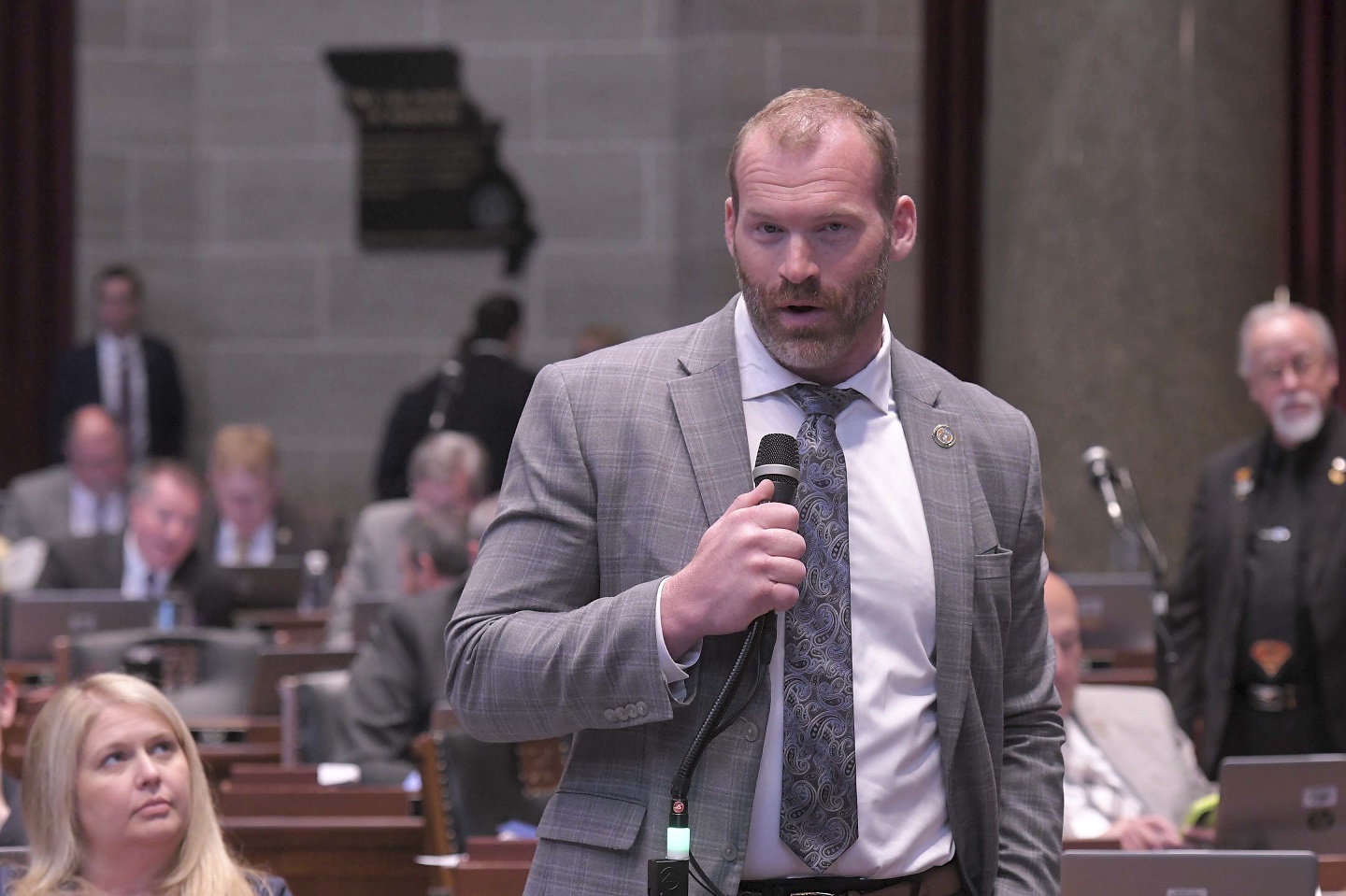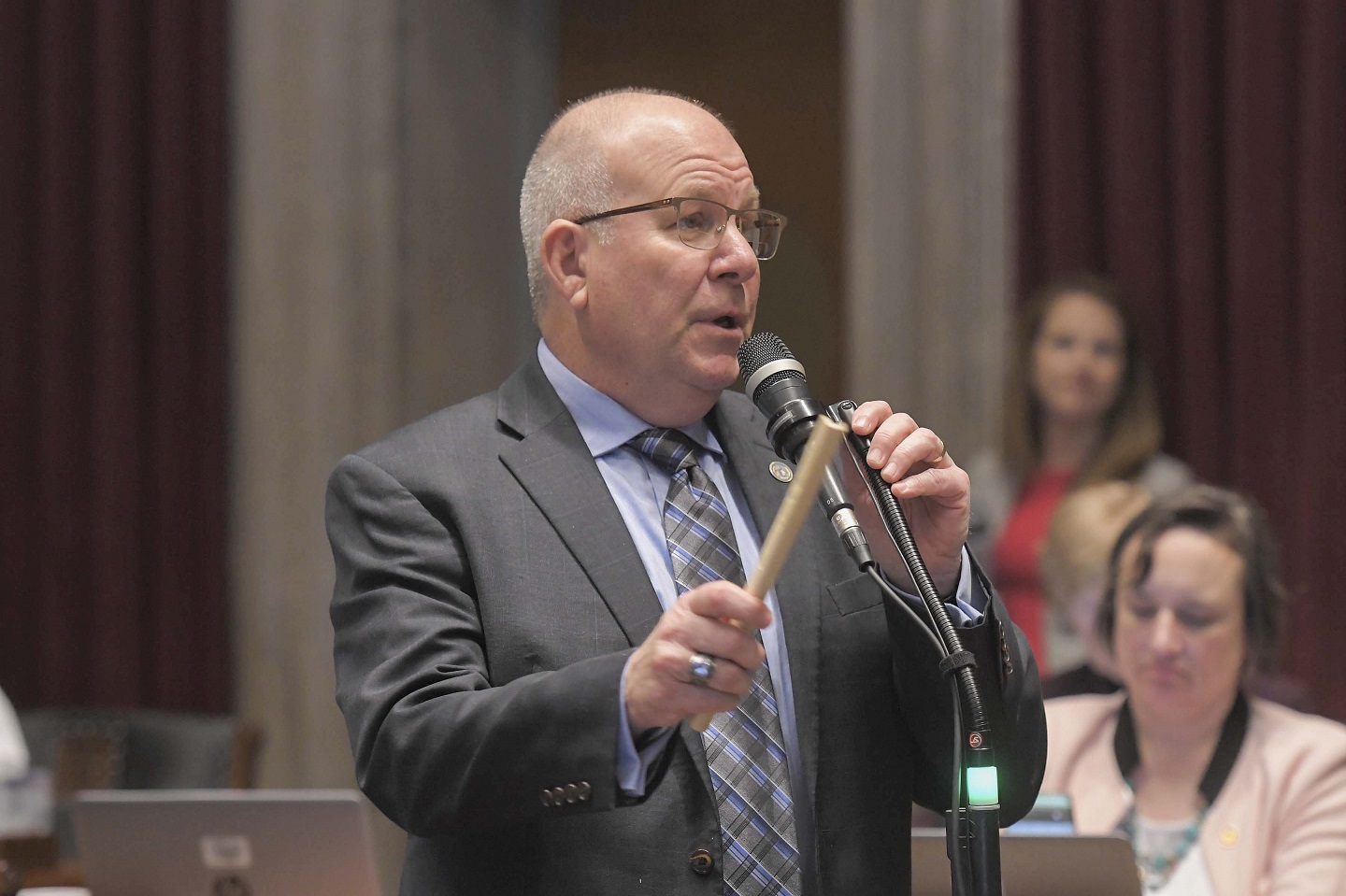With the third piece of statutory legislation to reach the governor this year the legislature tries to bring more entertainment industry projects and the dollars that come with them to Missouri.

House lawmakers have for years bemoaned the fact that major motion picture and television productions bypass the Show-Me State for states with better incentive packages – even productions that are set in Missouri.
Senate Bill 94 would establish tax credits for film projects starting at 20-percent of specified costs, with opportunities for additional credits as other criteria are met.
Dubbed the “Show MO Act,” House handler Kurtis Gregory (R-Marshall) said the program is well thought out.
“Investments have to be made inside the state before the credits are handed out,” said Gregory. “The Department of Economic Development will kind of have the final say in whether or not the credit goes out if it meets the program.”
Improved film tax credits have been considered by Missouri legislators for years. They often noted that when the 2014 movie Gone Girl was filmed in Missouri it brought $7.8-million to the state while hiring more than 110 Missourians and more than one thousand more appeared as extras.
More often, however, other states have won out on productions of stories that take place in Missouri because they have better incentive packages. The Netflix series Ozark, even though it unfolded around the Lake of the Ozarks, was filmed in Georgia. Even scenes taking place in the Missouri Capitol were filmed in Georgia’s capitol.
SB 94 would allow film productions additional credits when at least half of filming is done in Missouri; at least 15-percent takes place in rural or blighted areas; at least three of a project’s departments hire a Missourian ready to advance in their field; or the project positively portrays the state or something in it.
The bill also aims to bring more music industry dollars to the state by authorizing credits for rehearsal and tour expenses for live tours and associated rehearsals.

Legislators laid out limits for these credits as well, as Gregory explained. “There must be at least $1-million spent with Missouri music vendors, they’ve got to rehearse in a qualified facility for a minimum of ten days, they also have to then do two concerts within the State of Missouri.”
Those credits would be for 30-percent of tour or rehearsal expenses, capped at $1-million if expenses are less than $4-million. No taxpayer could get a credit greater than $2-million for expenses between $4- and $8-million; nor greater than $3-million for expenses exceeding $8-million. Combined credits are limited to $8-million per fiscal year.
The film tax incentives would expire at the end of 2029 unless the legislature votes to extend them. The tour and rehearsal credits would expire at the end of 2030 unless extended.
The bill has broad bipartisan support, with lawmakers in both parties wanting to bring more entertainment industry proceeds to Missouri. Representative Steve Butz (D-St. Louis) said as has happened with other businesses, the tax credits might get this industry to come to Missouri only to later stay and stand on its own.
“Both of these bills are well-needed. It’s going to drive industry and economic development to the state,” said Gregory.
The House voted 113-45 to send that legislation to Governor Mike Parson (R) for his consideration.




